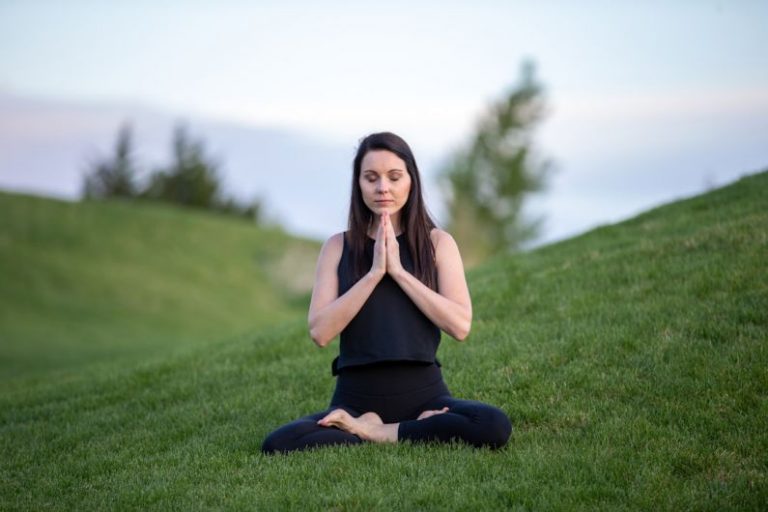The Benefits of Yoga for Mental Health
Yoga has long been revered for its physical benefits, but its positive impact on mental health is equally significant and often overlooked. The practice of yoga encompasses a range of physical postures, breathing exercises, and meditation techniques that can help alleviate symptoms of stress, anxiety, and depression. Incorporating yoga into your routine can lead to improved mental well-being and a greater sense of overall calmness and contentment.
Stress Relief and Relaxation
One of the primary benefits of yoga for mental health is its ability to reduce stress and promote relaxation. The practice of yoga emphasizes deep breathing and mindfulness, both of which can help calm the mind and lower stress levels. By focusing on the present moment and engaging in gentle physical movements, individuals can release tension and cultivate a sense of inner peace. Regular yoga practice has been shown to decrease levels of cortisol, the stress hormone, leading to a more relaxed and balanced state of mind.
Anxiety Management
Yoga is also effective in managing symptoms of anxiety disorders. The combination of physical postures, controlled breathing, and meditation in yoga can help individuals cope with feelings of worry and fear. The practice encourages a mind-body connection that promotes self-awareness and emotional regulation. By practicing yoga regularly, individuals can learn to observe their thoughts and physical sensations without judgment, allowing them to develop a greater sense of control over their anxiety symptoms.
Improved Mood and Emotional Well-Being
In addition to reducing stress and anxiety, yoga can have a positive impact on mood and emotional well-being. The physical movements and breathing exercises in yoga stimulate the release of endorphins, the body’s natural feel-good hormones. This can lead to an uplifted mood and increased feelings of happiness and contentment. Yoga also encourages the practice of gratitude, mindfulness, and self-compassion, which can promote a more positive outlook on life and enhance overall emotional well-being.
Enhanced Self-Awareness and Mindfulness
Yoga promotes self-awareness and mindfulness, which are essential components of mental health and well-being. Through the practice of yoga, individuals learn to pay attention to their thoughts, emotions, and physical sensations without becoming attached to them. This awareness allows for greater insight into one’s inner experiences and can lead to a deeper understanding of the self. By cultivating mindfulness through yoga, individuals can develop a greater sense of presence, acceptance, and clarity in their daily lives.
Better Sleep Quality
Many individuals struggle with sleep disturbances, which can have a negative impact on mental health. Yoga has been shown to improve sleep quality and promote better rest. The relaxation techniques and breathing exercises in yoga can help calm the mind and body, making it easier to fall asleep and stay asleep throughout the night. By incorporating yoga into their routine, individuals may experience deeper, more restful sleep, leading to improved mental clarity, mood stability, and overall well-being.
Increased Resilience to Stress
Regular practice of yoga can enhance resilience to stress by improving coping mechanisms and emotional regulation. The mindfulness and self-awareness cultivated through yoga allow individuals to respond to stressful situations with greater ease and composure. By developing a sense of inner strength and balance, individuals can navigate life’s challenges more effectively and bounce back from adversity with resilience and grace.
In conclusion, the benefits of yoga for mental health are vast and impactful. By incorporating yoga into your routine, you can experience reduced stress, improved mood, enhanced self-awareness, better sleep, and increased resilience to stress. The practice of yoga offers a holistic approach to mental well-being, promoting a balanced mind-body connection and fostering a sense of inner peace and harmony. Whether you are looking to alleviate symptoms of anxiety and depression or simply enhance your overall mental health, yoga can be a powerful tool to support your well-being and cultivate a greater sense of calm and contentment in your life.






